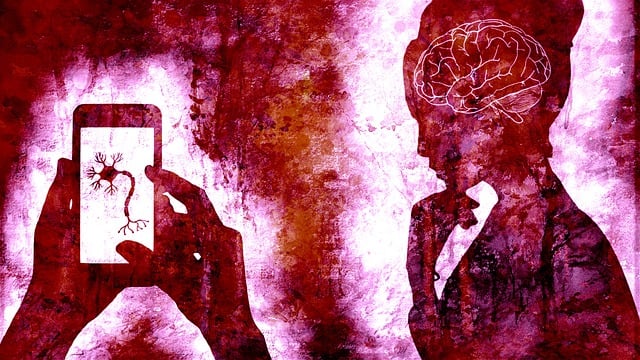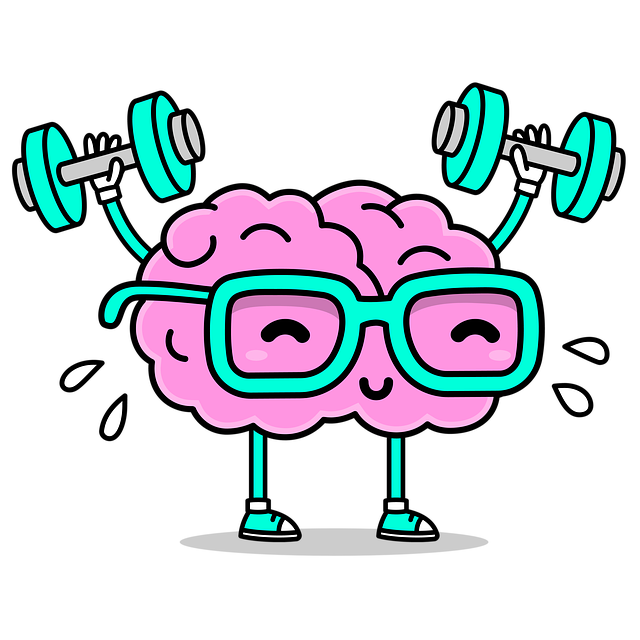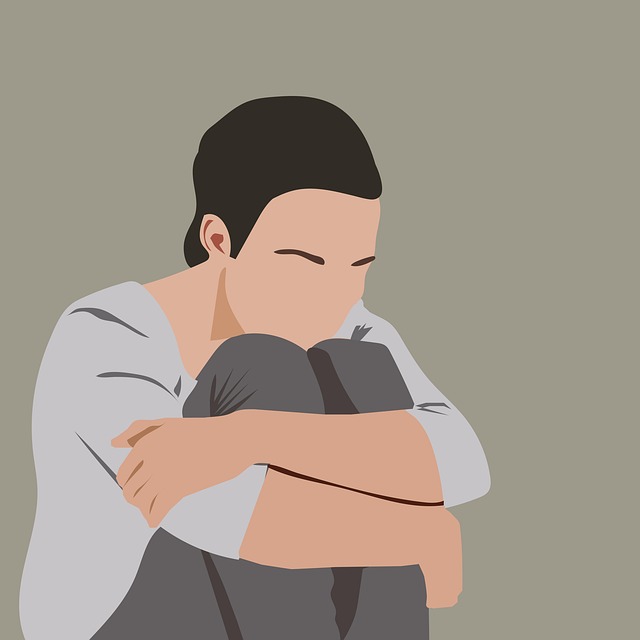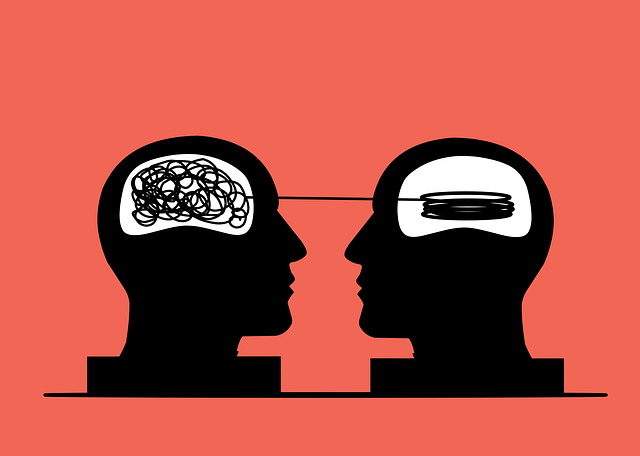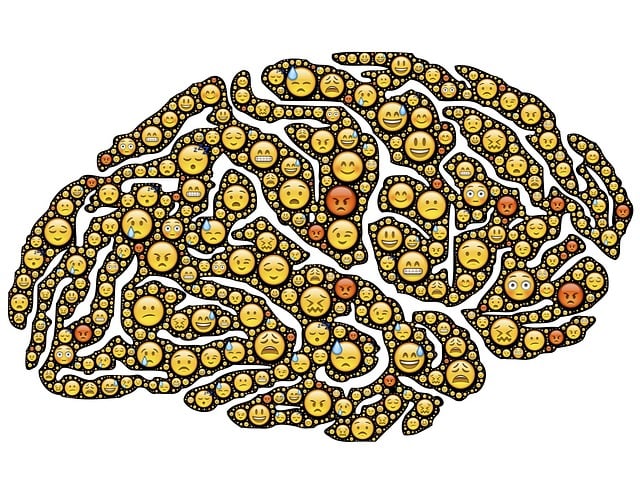Mental wellness group facilitation, enhanced by evidence-based practices like Parker Depression Therapy (PDT), creates safe, supportive environments for collective healing and growth. PDT's holistic approach integrates cognitive-behavioral therapy, mindfulness, and lifestyle interventions, fostering social connections and empowering individuals to manage symptoms. Effective sessions combine structured techniques with adaptability, encouraging open dialogue, creative activities, and regular feedback for personal growth and improved mental health outcomes. A safe space, established through clear boundaries and active listening, is pivotal for successful group therapy, fostering empathy and community crucial for mental wellness.
Mental wellness group facilitation plays a pivotal role in fostering community and enhancing therapeutic outcomes. This article explores effective techniques for guiding groups, focusing on the proven benefits of Parker Depression Therapy. We delve into strategies for creating supportive environments, understanding key facets of group dynamic, and implementing techniques that encourage open communication and personal growth. By examining these methods, facilitators can help individuals navigate mental health challenges and experience profound transformation.
- Understanding Mental Wellness Group Facilitation
- Parker Depression Therapy: A Comprehensive Approach
- Techniques for Effective Group Sessions
- Fostering a Supportive Environment in Group Therapy
Understanding Mental Wellness Group Facilitation

Mental wellness group facilitation is a specialized skill that involves guiding and supporting individuals through collective healing and growth experiences. It’s an art that leverages the power of shared struggles and successes to foster connection, empathy, and resilience. Facilitators play a crucial role in creating a safe and supportive environment where members feel seen, heard, and valued. This approach draws from evidence-based practices like Compassion Cultivation Practices, which promote self-compassion and mindfulness, thereby enhancing participants’ ability to navigate life’s challenges.
By integrating techniques from Parker Depression Therapy and other therapeutic models, facilitators aid individuals in developing effective coping strategies and fostering positive mental health. Moreover, these groups serve as platforms for the exchange of experiences, offering valuable insights and perspectives that can be shared. Public Awareness Campaigns Development around mental wellness can further benefit from group facilitation, as it educates communities, breaks down stigmas, and encourages open conversations about emotional well-being, ultimately leading to better self-care routine development for all.
Parker Depression Therapy: A Comprehensive Approach

Parker Depression Therapy (PDT) stands as a comprehensive approach to addressing depression, emphasizing a holistic view of mental wellness. This technique goes beyond traditional talk therapy by integrating various evidence-based strategies tailored to individual needs. PDT involves a detailed risk assessment for mental health professionals, ensuring a thorough understanding of each client’s unique circumstances. By combining cognitive-behavioral therapy, mindfulness practices, and lifestyle interventions, facilitators create a supportive environment that fosters resilience and emotional well-being.
The method’s success lies in its adaptability, catering to diverse populations and cultural contexts. This approach encourages active participation from group members, fostering social connections and peer support, which are vital components of mental health policy analysis and advocacy. Through PDT, facilitators not only help individuals manage symptoms but also promote a sense of community, empowering them to navigate life’s challenges with enhanced coping mechanisms and improved mental wellness.
Techniques for Effective Group Sessions

Effective group sessions for mental wellness facilitation require a blend of structured techniques and adaptability to meet the diverse needs of participants. One proven approach is the use of guided discussions, where facilitators encourage open dialogue while maintaining a safe and non-judgmental environment. This technique allows members to share their experiences, offer support, and gain new perspectives, fostering a sense of community and belonging. Incorporating activities such as mindfulness exercises or creative expression can further enhance emotional connection and promote healing.
Additionally, setting clear goals for each session and assigning specific roles to group members helps in structured engagement. Facilitators can assign topics related to Parker Depression Therapy, Mood Management, Mental Health Policy Analysis and Advocacy, or Stress Reduction Methods, depending on the group’s focus. By integrating these themes into discussions, facilitators guide participants towards personal growth and improved mental health outcomes. Regular feedback sessions within the group also ensure that activities remain relevant and beneficial for all individuals present.
Fostering a Supportive Environment in Group Therapy

Creating a safe and supportive environment is a cornerstone of effective group therapy sessions, fostering an atmosphere where individuals can openly share their experiences and feelings without fear of judgment. As a facilitator, it’s crucial to establish clear boundaries, ensuring every participant feels respected and valued. Techniques such as active listening and reflective practices enable the therapist to understand individual needs, allowing for personalized support. By promoting empathy and compassion among group members, participants can build a sense of community, which is essential for mental wellness.
In the context of Parker Depression Therapy, fostering connections becomes a powerful tool in managing stress and preventing burnout. Crisis intervention guidance techniques can help individuals navigate challenging emotions and situations. Through structured activities and discussions, group members learn coping strategies to deal with life’s pressures, enhancing their ability to manage stress and avoid exhaustion. This supportive environment not only facilitates healing but also empowers individuals to take control of their mental health.
Mental wellness group facilitation plays a pivotal role in supporting individuals navigating various challenges. Techniques like those seen in Parker Depression Therapy, with its comprehensive approach, offer transformative experiences. By fostering a supportive environment, facilitators can help members build resilience and develop effective coping strategies. Incorporating diverse methods ensures engaging sessions that cater to individual needs, ultimately enhancing overall mental wellness.
